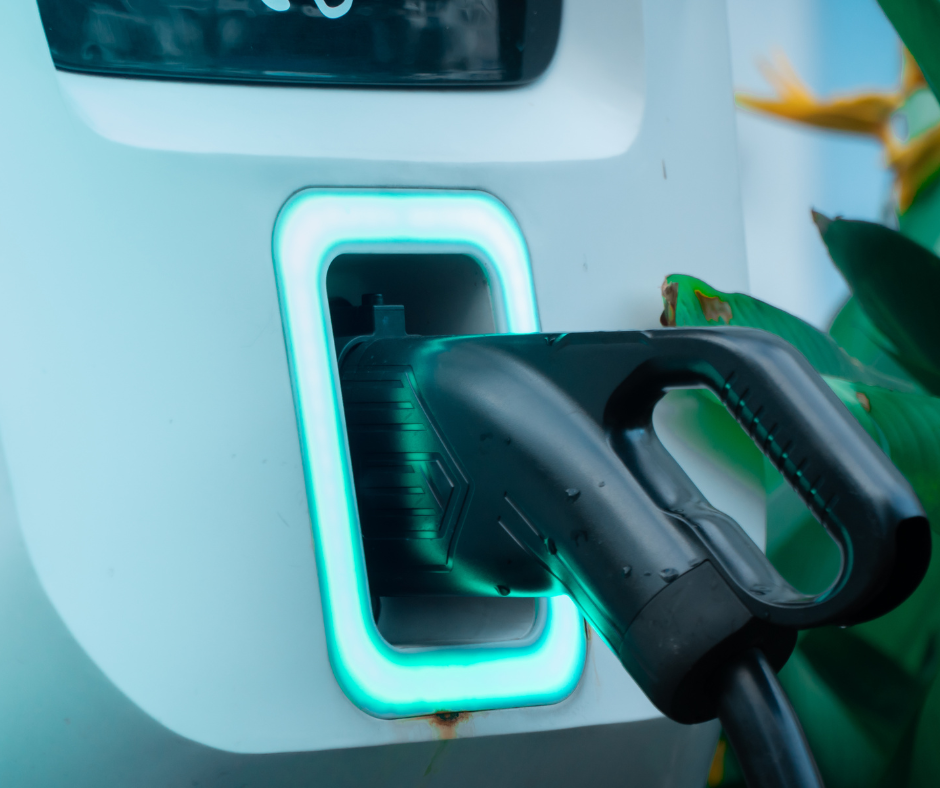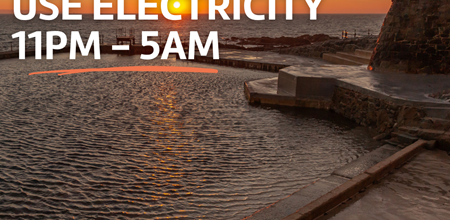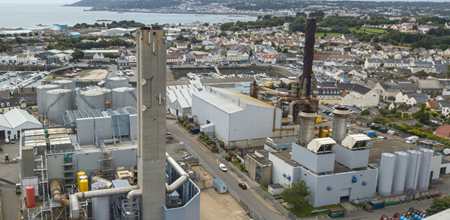There are home energy audits available to help islanders spend significantly less on their electricity bills while they're at home. But for the time being, here are some financial magic tricks to get you started and help cut both your cost and carbon footprint when you’re at home.
We featured this Mythbusting article in Aurigny's in-flight magazine during February/March to help islanders prepare for their upcoming electricity bill.
MYTH
Leaving electricals on standby doesn’t really cost anything
REALITY
Often leave the TV or games console on standby just for convenience? A big electricity bill is far more inconvenient.
Standby power, also known as vampire energy, can significantly contribute to your bills over time. One of the easiest ways to save money for more exciting pastimes such as days out, city breaks or family holidays is to plug these electricals into an extension lead, then switch them all off at the same time.
Just be careful not to overload it!
As a rule, the specifications of the extension lead's capacity are printed on each lead, for example 3,500 Watts. This means you could plug in a TV (around 150 Watts), a games console (perhaps 200 Watts), a lamp (using a 10 Watt LED bulb), and a desktop computer (200 Watts), then switch them all off when you're done.
For context, a plug-in electric heater can be around 3,000 Watts, so you would need to be extra careful plugging one of those into an extension lead to avoid a potential fire hazard.
See here for an idea of other appliance power ratings

MYTH
Turning appliances on and off uses more energy than just leaving them on
REALITY
The simple answer is anything left on uses money, and everything switched off properly will not. For most appliances, you’ll save money simply by switching them off at the socket.
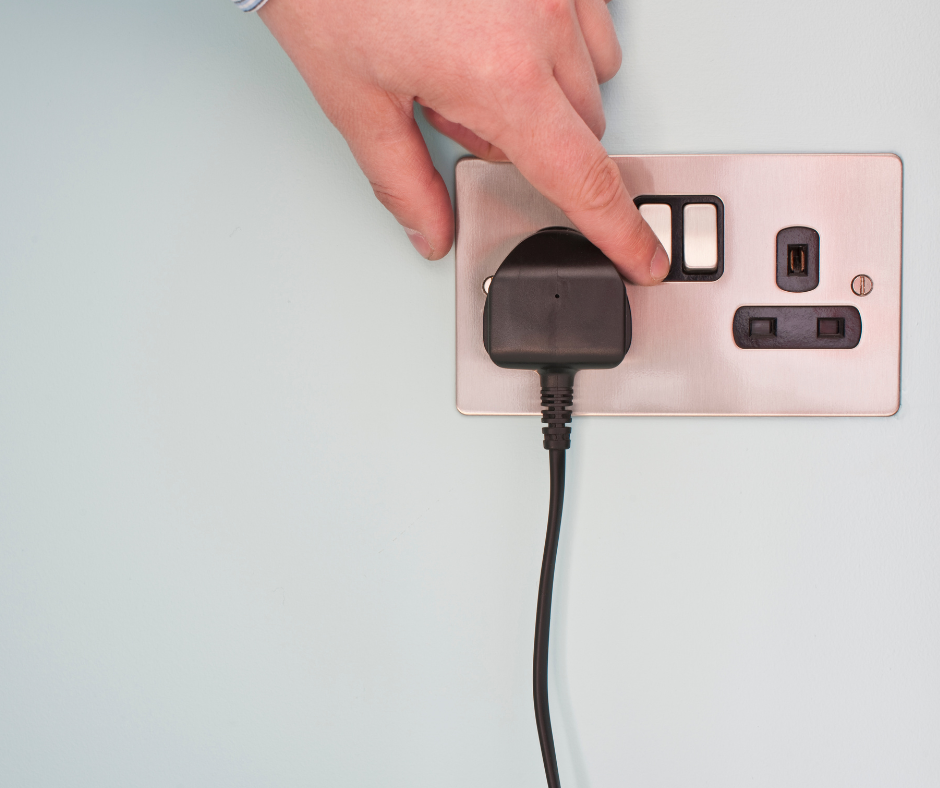
MYTH
Electric vehicles are worse for the environment than petrol or diesel vehicles
REALITY
The production of an EV will emit around 40% more in carbon emissions than producing an internal combustion engine (ICE) vehicle. This is largely due to producing lithium-ion batteries, however this is only a single stage of the entire vehicle’s lifetime.
In terms of carbon emissions, across the entire lifecycle a petrol vehicle will produce almost 70% more in carbon emissions – and that even includes EVs charged using electricity generated at Guernsey’s power station.
Want to see some research into these findings? See our advertising verification page
TOP TIP: Unlock the power of the night and charge your EV between 11pm and 5am for a significantly cleaner, cheaper commute. Here's why.
MYTH
Plug-in heaters are cheaper than a central heating system
REALITY
Those innocent looking little heaters are incredibly expensive to use, and you should really only use these ‘space’ heaters for a short time if absolutely necessary.
Anything that heats up quickly (such as kettles or hairdryers) is expensive to run. But unlike a heater, kettles and hairdryers generally don’t need to run for a long time. So, it stands to reason that if you plug in a 3000-watt heater and leave it to run for a number of hours, you’re likely to receive a big bill at the end of your winter quarter - especially if you run it during your peak 'Normal Rate' times.
Try using our energy calculator to see for yourself
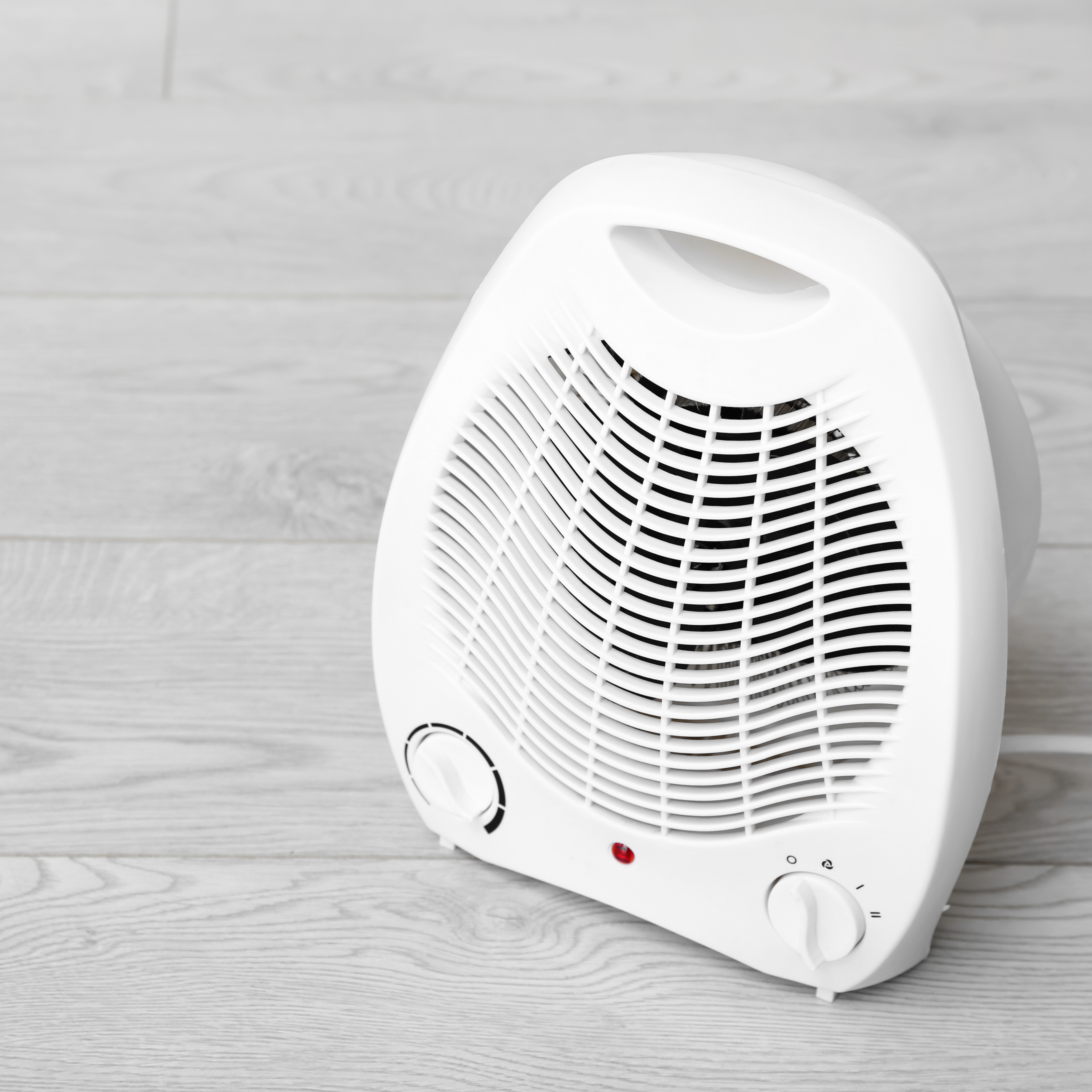
MYTH
Solar panels can cheaply provide all the power the Island needs
REALITY
Solar power is an ‘intermittent energy source’ as – particularly in Guernsey – solar isn’t available constantly. This means that when the sun doesn’t shine, we’re unable to completely rely on solar for electricity generation.
Properties with solar panels will still need to be connected to the main electricity grid to make sure they always have a reliable supply of electricity from other sources, such as our interconnection to the European grid.

MYTH
Hand-washing dishes is better than using a dishwasher
REALITY
Modern dishwashers are designed to be water and energy-efficient, which often means over a dishwasher’s lifetime, far less water gets used.
And in terms of energy?
The cleanest and cheapest way to use a dishwasher in Guernsey is to set the timer to start between 11pm and 5am on the appliance’s ‘Eco Mode’. This is the secret spot when you can clean your kitchenware slowly over four to five hours on imported, 100% low-carbon electricity.

Shaking off these energy myths isn’t about stopping what you enjoy; it’s about empowering your wallet and choosing where you’ d really like to channel your energy.
For updates on our island’s electricity and more energy advice, follow us on social media via the links in the footer below.








